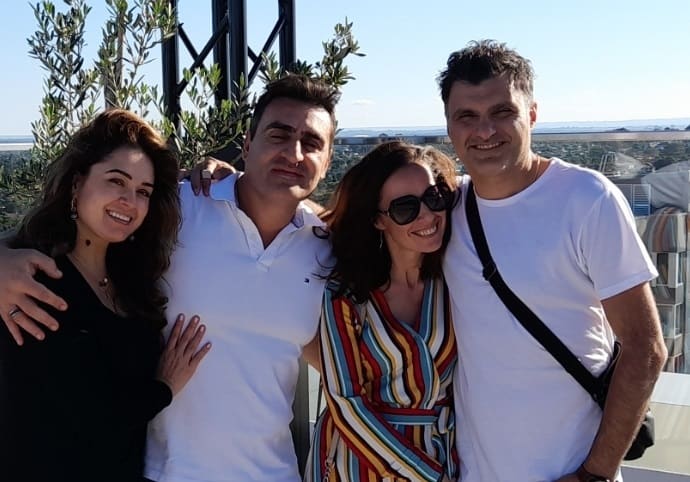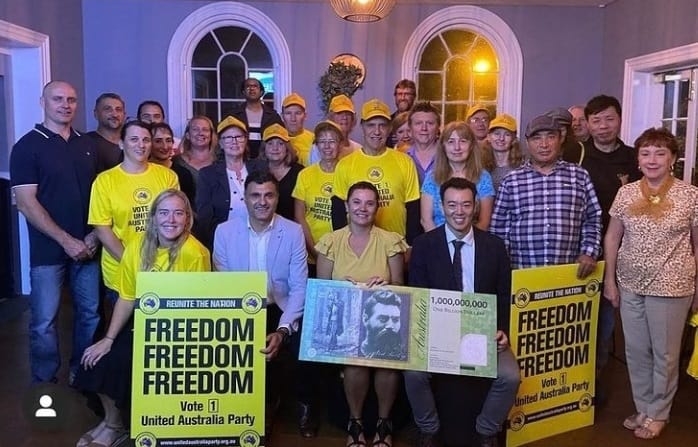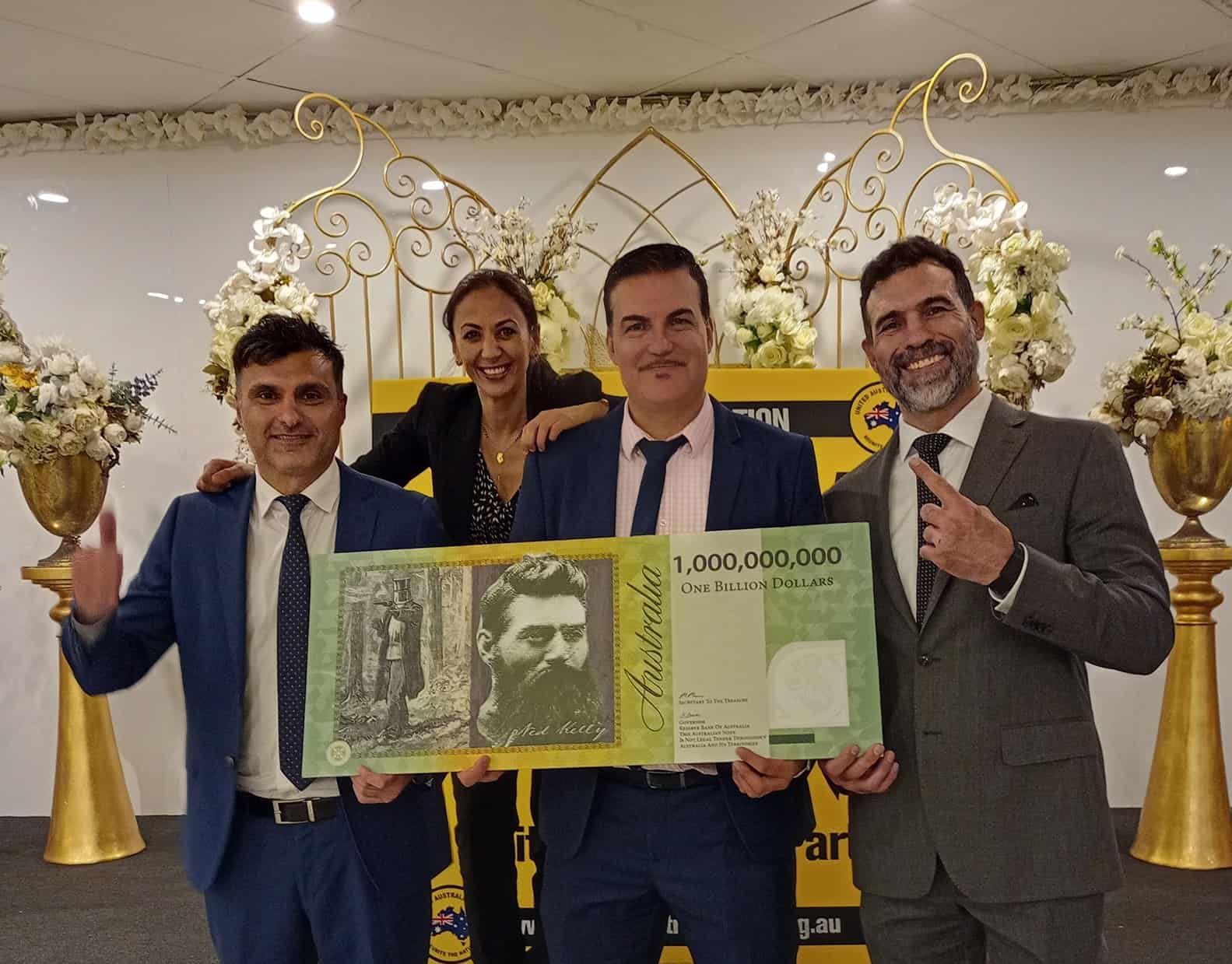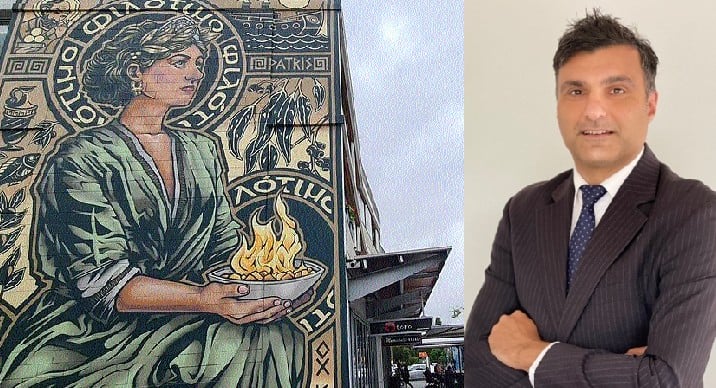With an estimated 29 Greek Australians entering the political arena for the upcoming Australian federal elections on 21 May 2021, the body politic seems to be splintering its votes further, as more independent and smaller parties want a piece of the voter pie.
Only last month, both the Liberal and Labor parties suffered a huge blow after a recent Newspoll conducted by The Australian newspaper found the combined popular support for the Coalition and Labor was now at its lowest level in five years with first preference support for Labor down to 36%, and the Liberal party having also declined by one point to 35%.
Unions have been the Labor Party's traditional, de-facto support base, so it came as a huge surprise when in March last year the Health Services Union (NSW) sensationally broke ties with NSW Labor, calling out the party as being ‘unelectable’ and not worth giving its annual $250,000 funding support to the party.
“Our councillors have taken the view that (staying affiliated) probably wasn’t the best use of our members’ money.”
“Theyre unelectable, worse than they were in 2011. Whereas since 2011, we have virtually doubled the size of our union,” said HSU secretary Gerard Hayes.
In his 1999 research paper investigating the decline in support for Australian major parties and the prospect of minority government, Scott Bennett noted that the increasing decline is not just an Australian phenomenon but an international one.
To explore the question as to why many Australians have turned to minor parties and independents, he suggested we look to common voting trends across most of the developed democracies, where they seem to have been influenced by a loss of respect for the established parties.
Bennett points to France and Germany among many others as examples. In 1995 France, Jean-Marie Le Pen (National Front) won 15% of the vote in Presidential election, but fast forward this year, 2022, and she won unprecedented 41.5% of the vote.
In 1998 German Greens won 5% in Bundestag election (7.3% in 1994), winning 47 seats (49 in 1994), fast forward to 2021 and the Greens finished in third place in the federal election with 14.8% of votes.
Greece City Times decided to speak with a Greek Australian candidate who sees himself challenging the status quo by joining one of these smaller alternative parties: Dimitri Honos.

Dimitri was born in Marrickville and his family relocated to Earlwood in Sydney, New South Wales, when he was three years old. He spent the majority of his childhood in Earlwood, where he attended school and church.
In 2001, Dimitri graduated from the University of Sydney with a triple major in Finance, Economics and Marketing. He has very broad set of interests including current affairs, geopolitics and trade and economics.
He has enjoyed a very successful career in the corporate insurance industry for almost 20 years. Dimitri says he "is committed to the relentless pursuit of communicating a message of freedom, self-autonomy, non-intrusive government and well-being for all Australians. These are all key values of his, and values that the UAP represents.
“These basic human rights are not to be negotiated.” he adds.

DIMITRI HONOS FOR BARTON, NSW (United Australia Party)
The main suburbs include: Bexley, Brighton-Le-Sands, Campsie (part), Canterbury (part), Carlton (part), Earlwood, Hurlstone Park (part), Hurstville, Kingsgrove (part), Kyeemagh, Marrickville (part), Rockdale, Tempe and Wolli Creek.
Incumbent: Linda Burney (Labor Party)

Labor is the incumbent in Barton. I have never met the member personally and she may very well be a lovely person. I wish her all the very best for life after politics. However it is the Labor party itself that has become irrelevant and disconnected to our society. We have all seen the devastation imposed by Labor policy and ideology over the last 2 years and we want to avoid a similar fate. Our society is bored with the 'old politics' based on bureaucracy that is lazy and lacks good sense. People are walking away from the politics of fear and instead are moving forward with optimism and good judgement.

Other Greek Australian candidates running with the United Australia Party John Janis and John Koukoulis (NSW), and George Melisourgos (SA) while John Savoulidis will be standing for the Senate (ACT).

Who are my candidates - Australian Electoral Commission (aec.gov.au)


